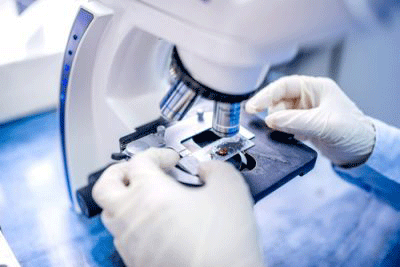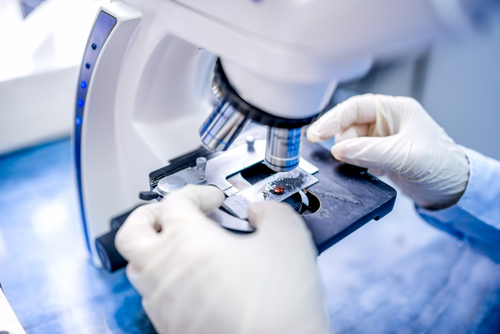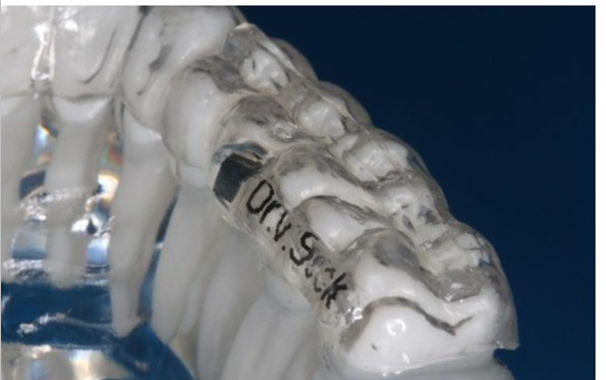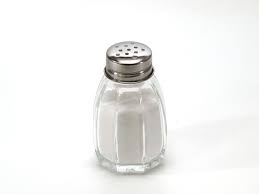We know that weight loss can be a struggle, but it can be even more of one for those who have Hashimoto’s disease. Weight gain is common with Hashimoto’s. There is no debate about that. But what do you do once you have already gained weight? These are some fresh insights, tips, and approaches that you can take to help get your metabolism back on track.
I am always looking at the latest science, and research. To find out new strategies on how to lose weight fast with Hashimoto thyroiditis. For this reason, I want to dive into the top 12 that I have seen. And what they could mean for those struggling with losing weight with Hashimoto thyroiditis.
Here we go, these are the 12 new weight loss strategies for those who can’t lose weight with Hashimoto’s.


















